🔗🌍🤝💡 Navigating Complexity:
My Experience at INTERPOL’s New Technologies Forum in Vienna
By: Hunter Adak - Co-Founder of Chainly: Blockchain Data Solutions; Miami, Florida
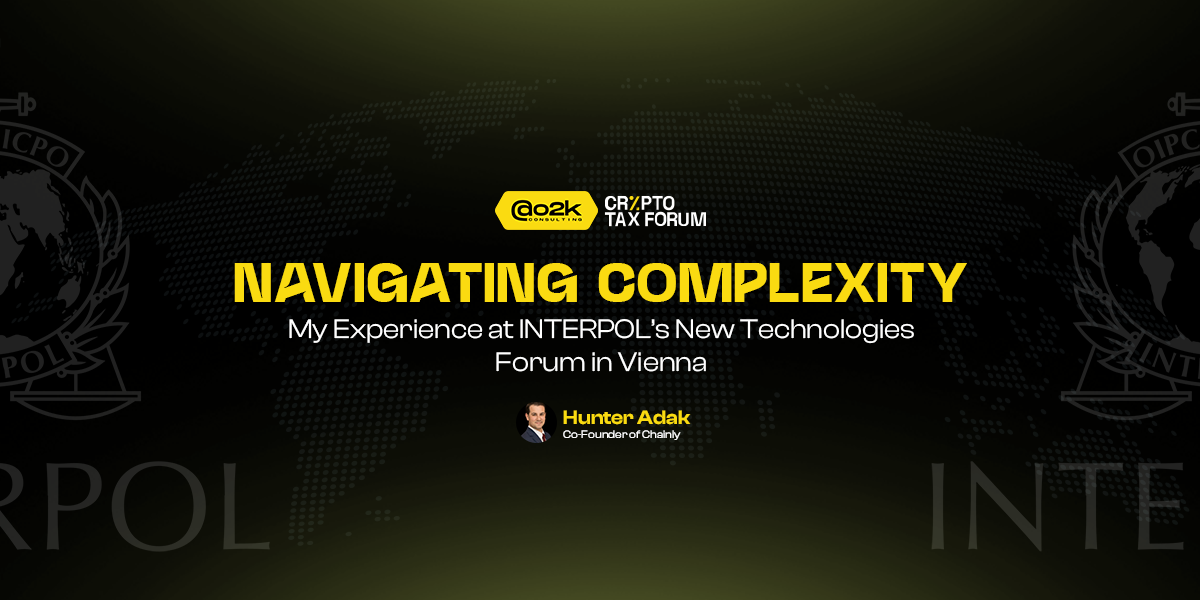
I attended this year’s INTERPOL New Technologies Forum because, as a founder, I believe in the importance of sharing knowledge and expertise. Over the years, I’ve found that listening carefully and understanding what others share can often be more valuable than simply making my own voice heard. That is the mindset I approached this forum with.
More importantly, I value building organic relationships based on trust and shared purpose. As we live in a time where technology evolves daily, law enforcement agencies face very real challenges, and our team at Chainly is willing and ready to provide meaningful support to their work.
About Chainly
At Chainly, we make it our mission to help enterprises and governments manage blockchain data with speed, accuracy, and transparency. We started with a simple idea: to make blockchain data simple, accessible, and actionable for those who need it.
As part of Miami’s startup ecosystem, we are active members of several local tech hubs, constantly sharing, learning, and growing alongside like-minded innovators.
We also work to ensure data is processed quickly and accurately across multiple blockchain networks.
While other companies work in this space, our strength lies in our speed, flexibility, and personalized approach. Working closely with our partners is one of the key factors that has led to our recognition.
Currently, Chainly is engaged with government projects that require tailored solutions built to meet specific needs. Being in Vienna reinforced our conviction that the future of combating cybercrime depends on partnerships founded on shared objectives.
The Forum’s Focus
The forum this year focused on complexity and volume. It explored new methodologies to help law enforcement agencies handle the expanding scope of digital investigations.
Our hosts this year were Germany’s Bavarian State Ministry of Justice and the Complexity Science Hub in Vienna, Austria. There were over 80 participants who represented 37 countries.
Discussions covered a wide range of topics, including:
▪︎ The future of blockchains and their intersection with AI
▪︎ Using Large Language Models and Retrieval-Augmented Generation to study massive datasets
▪︎ Bridging the gap between on-chain and off-chain data in cryptocurrency investigations
▪︎ Case studies on encrypted communications, organized crime networks
▪︎ Forward-looking conversations about quantum sensing and smart contracts
Highlights on the Forum
Last year, I attended this forum in Singapore, where the focus centered on Web 4.0 technologies, including digital IDs, encrypted channels, and decentralized finance.
It was a privilege to be invited to return this year, and it allowed me to reconnect with familiar faces while also meeting new people and potential partners. For me, collaboration built on shared goals matters far more than quick, surface-level networking. This forum offers a unique space for meaningful connections to flourish.
Vienna was the perfect backdrop for this forum. This event was my first time visiting, and I immediately fell in love with the city’s beauty and history.
The event was held at the historic Palais Springer-Rothschild, where the Complexity Science Hub is based, right in the heart of Vienna. The venue was a blend of old-world elegance and modern innovation, a perfect fit for the theme of bridging tradition with technology.
The atmosphere throughout the forum brought together law enforcement and tech professionals from around the globe. It was a dynamic environment where ideas flowed freely, with a wide range of experiences and perspectives adding immense value to every conversation.
Day One:
The first day began with welcome messages from:
▪︎ Georg Eisenreich, Bavarian State Ministry of Justice (Germany)
▪︎ Toshinobu Yasuhira, Director of INTERPOL’s Innovation Centre (France)
▪︎ Stefan Thurner, Complexity Science Hub (Austria)
This was followed by a keynote address delivered by Wolfgang Gründler, Public Prosecutor General in Bamberg, Germany.
Afterward, everyone gathered in the garden for a group photo before moving into the day’s sessions.
The first presentation, Using Large Language Models for Cyberthreat Intelligence in Cybercrime Forums, set the tone for the event.
The day later concluded with an open discussion led by Thomas Goger, Chief Public Prosecutor of the Bavarian Central Office for the Prosecution of Cybercrime, and Vincent Danjean, Head of INTERPOL’s Cyberspace and New Technologies Lab. Their discussion centered on identifying key obstacles law enforcement agencies encounter and exploring potential avenues for future research.
That evening, we gathered for a group dinner at Wirtshaus Herlitschka, generously sponsored by the Bavarian State Ministry of Justice and the Complexity Science Hub.
Day Two
The second day started with a closed session reserved for law enforcement. Case studies examined encrypted networks and included:
▪︎ A malware case study by Yann Loubry, Special Assistant with the Paris Prosecutor’s Office (France)
▪︎ An analysis of SkyECC and data complexity by Heiko Loehr, Detective Chief Superintendent of the BKA Federal Criminal Police (Germany)
Once those sessions concluded, the remaining attendees rejoined. Presentations included:
▪︎ Scaling up cryptocurrency investigations to increase efficiency by Arda Akartuna, City University of Hong Kong
▪︎ The future of quantum technologies by Michal Krelina, CTO of QuDef BV, Netherlands
The event closed with a collaborative feedback session led by Vincent Danjean. on INTERPOL’s Smart Contracts Research Paper.
The closing ceremony wrapped up two productive days of learning and sharing, led by Danjean, Goger, and Bernhard Haslhofer of the hosting venue.
A standout session was Using Large Language Models for Cyber Threat Intelligence by Estelle Ruellan (Flare Systems, France) and Masarah Paquet-Clouston (University of Montreal, Canada).
They shared surprising statistics, including the fact that cybercrime globally causes an estimated $10.5 trillion in damage annually. They outlined how cybercrime evolved into a high-volume industry driven by low prices and mass distribution. Darknet forums, cryptocurrency marketplaces, and encrypted messaging apps such as Telegram have become the backbone of this underground economy.
The researchers highlighted the serious challenge of managing the sheer volume of data. Traditional methods of searching and analyzing information are no longer effective. They proposed using Large Language Models as a kind of “Google for the dark web” — tools capable of organizing and interpreting massive datasets to uncover emerging threats. A pioneering example of this approach is DarkBERT by S2W Labs in Korea, one of the first implementations of an LLM trained specifically for dark web intelligence.
This concept resonated with me, as it aligns with the barriers our clients face. Enormous volumes of data can quickly overwhelm existing systems, and Chainly’s solutions are designed to bring clarity and structure to that chaos.
In addition, questions from participants such as Ruggero Montalto (TNO Industry, Netherlands) and Jessica Herrmann (Chief Detective Commissioner, Baden-Württemberg Police, Germany) also sparked valuable conversations.
Beyond Presentations
While many sessions provided valuable information, the most meaningful moments for me happened outside of the presentations.
During coffee breaks and downtime, casual conversations extended beyond the confines of the conference room. These unstructured dialogues allowed for genuine connection, without slides or formal agendas.
It was in those moments that true collaboration took form where people came together to share ideas and solve problems with shared missions in mind.
Events like this are essential because they bring together diverse groups of people who might otherwise never meet. Law enforcement officials, academics, and tech providers each bring their own expertise, and when those perspectives intersect, real solutions can emerge.
Chainly stands not just as a tech provider but as a trusted partner for those navigating today’s complex digital landscape. The friendships made in Vienna will help shape our path forward as we continue to develop tools that make tangible differences in fighting cybercrime.
In Summary
As I reflect on my time in Vienna, I am grateful for the opportunity to be part of such an event. The city’s historic charm, combined with the innovative focus of the forum, was a unique and inspiring experience.
Looking ahead, I am eager to stay connected with the incredible people I met and to apply what I learned through our work at Chainly.
Technology will always move quickly, but at the heart of progress are the human relationships that drive it forward. These partnerships are what make success possible, built on trust and mutual benefit, and I look forward to continuing this shared journey in the years to come.
🌐 Sources
- INTERPOL – New Technologies Forum Vienna 2024
- Complexity Science Hub Vienna
- Bavarian State Ministry of Justice

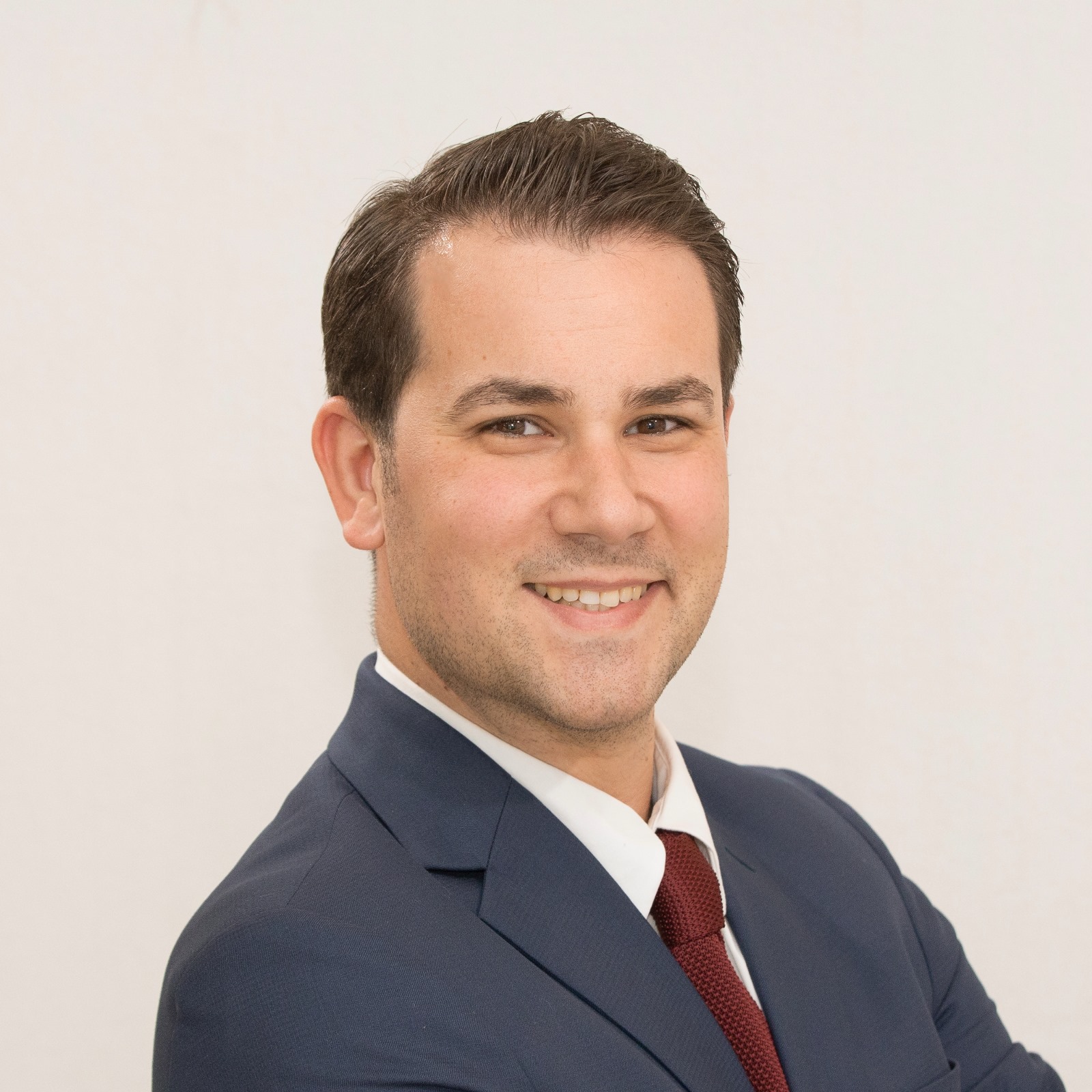


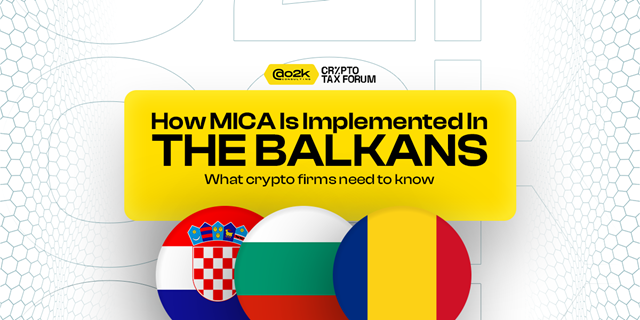

.png)

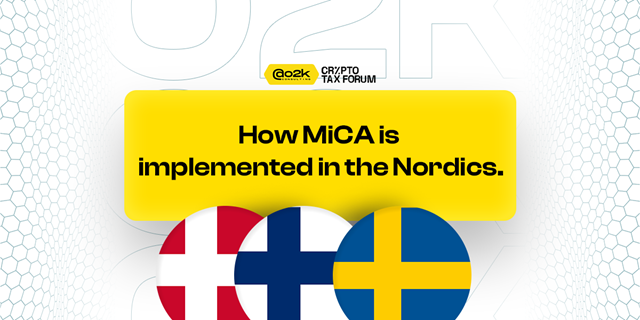


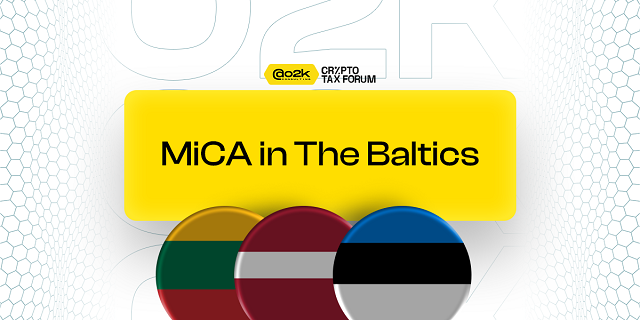
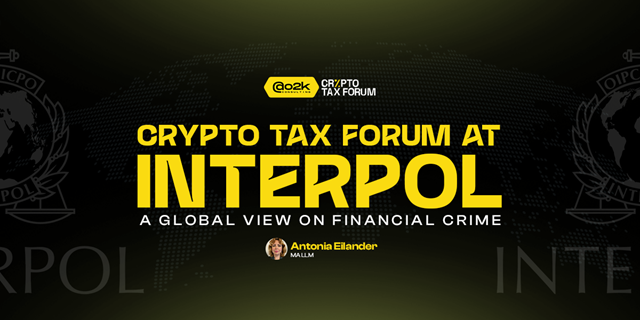



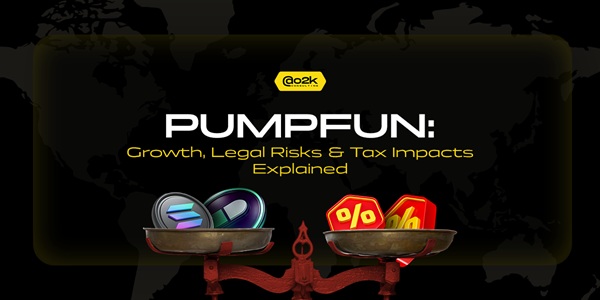











.jpeg)


























.jpg)






































